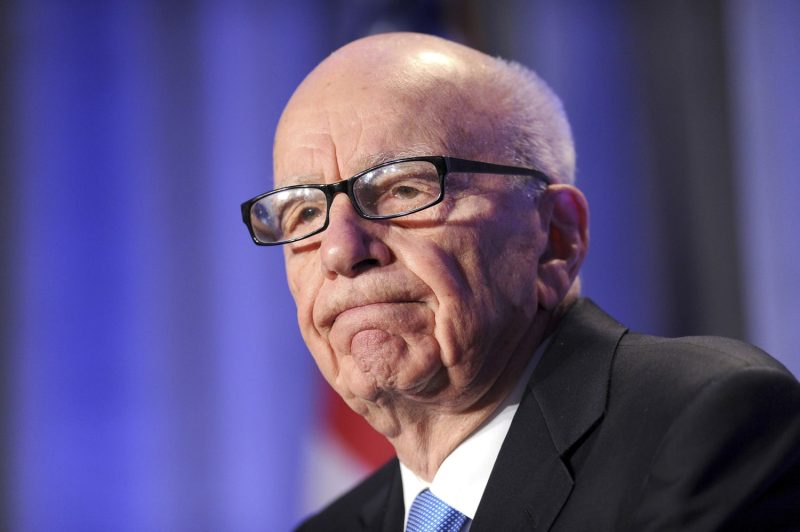The succession battle regarding the Murdoch media empire is nothing short of a familial drama on a Shakespearean scale. Rupert Murdoch, the media tycoon behind NewsCorp and Fox Corporation, built an empire that spans publications and networks across the globe. He has spent decades shaping the global media landscape with influential outlets like Fox News, The Wall Street Journal, and The Sun. However, the forthcoming clash about who will continue this legacy promises intrigue, power plays, and possibly public family feuds.
The heirs apparent to the Murdoch dynasty, both blood-related and corporate lieutenants, consist of a formidable cast of characters. James and Lachlan Murdoch, Rupert’s sons from his second marriage, have long been considered the primary contenders. Each has had significant roles in the family business but with differing ideological leanings and managerial styles.
Lachlan Murdoch, the elder of the two, is perceived as more ideologically aligned with his father, particularly visible in the content and tone of Fox News. Known for his conservative outlook, he currently serves as the co-chairman of NewsCorp and Executive Chairman and CEO of Fox Corporation, placing him in a powerful position to inherit the empire’s reins. However, Lachlan’s previous departure from the family business, lasting nearly a decade, demonstrated a streak of independence that could come into play during the succession battle.
James Murdoch is seen as a potentially destabilising figure within the succession narrative. Seemingly more liberal than his sibling and father, James has publicly expressed discomfort with the political leaning of Fox News. While he stepped down from most of his media roles within the family empire, James remains financially invested, giving him a potential say in the enterprise’s future. His recent incursions into private investments and backing for climate change initiatives could indicate a different path for the empire under his leadership.
Beyond the bloodline, the fight for control also includes external forces. The key players include board members, shareholders, and executives within the Murdoch conglomerate who could determine which direction the company takes.
This succession dispute is occurring at a volatile time for the global media landscape. Traditional media is undergoing significant transformation with the rise of digital platforms and a shift in advertising revenue. These changes pressurise whoever assumes control of the empire to reassess their strategies while preserving the power and influence of the Murdoch brand.
The upcoming tussle for the Murdoch empire’s future will also undoubtedly impact the political world, given the empire’s significance in shaping public opinion. The intimation of ideological shifts under different successors points to potential changes in the political messaging of the Murdoch outlets.
However, it’s prudent not to undervalue Rupert Murdoch’s direct influence over succession. Despite being in his 80s, Murdoch remains firmly involved in the family business. His ultimate choice in successor could deviate from anticipated patterns, or he could maintain stewardship of the empire until he is convinced that an appropriate successor has emerged.
In essence, the Murdoch media empire succession battle promises to be as compelling and influential as the empire itself. As the contenders position themselves to maintain or transform the media giant’s direction, the outcome is likely to have global and lasting impact. The Murdoch empire, spanning continents and impacting billions of lives, will continue being the object of intense scrutiny as the tussle over its future plays out.




